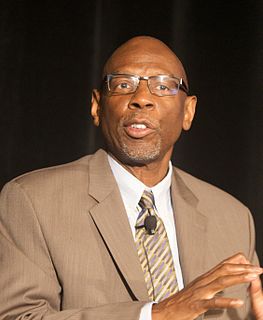A Quote by Simon Sinek
If you help one person in the room, you're an abject failure. You have to change something.
Related Quotes
I can't stand those people, speakers in a room, they say this all the time, "If I can just help one person in this room, I've done my job." You have an audience of 500 people and your standard of success is one person? That's terrible. If you help one person in the room, you're an abject failure. You have to change something.
What I see is trying to make sure that everybody thinks you have more than what you actually have. What’s the point if you actually don’t have it? If you don’t have it, then you don’t have it. Have what you have. Enjoy that . . . The craft is everything. Don’t be afraid of not being the wealthiest person in the room. Be the smartest person in the room. Be the slickest person in the room. Be the most creative person in the room. Be the most entertaining person in the room. Just be in the room.
I always hear people saying, "If I can just help one person, or if I can just stop one person from doing what I did." I don't think one person is enough. I feel you can help more than one person, help as many as you can. That's something that I would like to leave as my legacy: That I helped a lot of people and made some people make better decisions after looking at the decisions I've made in my life.
What naturally you want to do if you were a prominent person in the public light and you are disgraced, you want to make a comeback, and normally that begins with somebody saying, “I want to do something to help people. I want to do something to help the lepers in the Third World. I want to do something to help abandoned wives in India.”
What naturally you want to do if you were a prominent person in the public light and you are disgraced, you want to make a comeback, and normally that begins with somebody saying, 'I want to do something to help people. I want to do something to help the lepers in the Third World. I want to do something to help abandoned wives in India.'
Failure's relative. I've always felt, even early on, if I lose the freedom to fail, something's not right about that. It's how you treat failure, too. There's something to learn from it. I've had movies that have failed colossally, so you kind of analyze your failures: What kind of failure was it? A failure because it's misunderstood by others? A failure because you misunderstood it yourself?

































